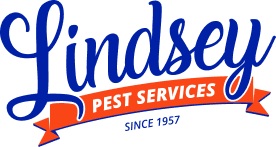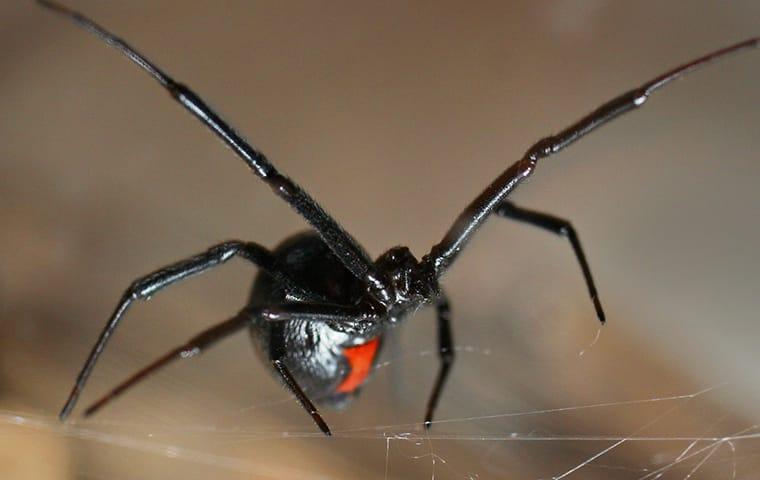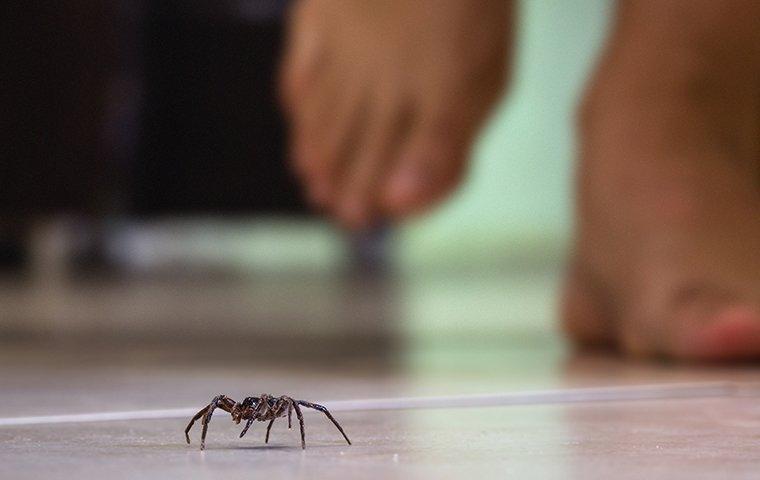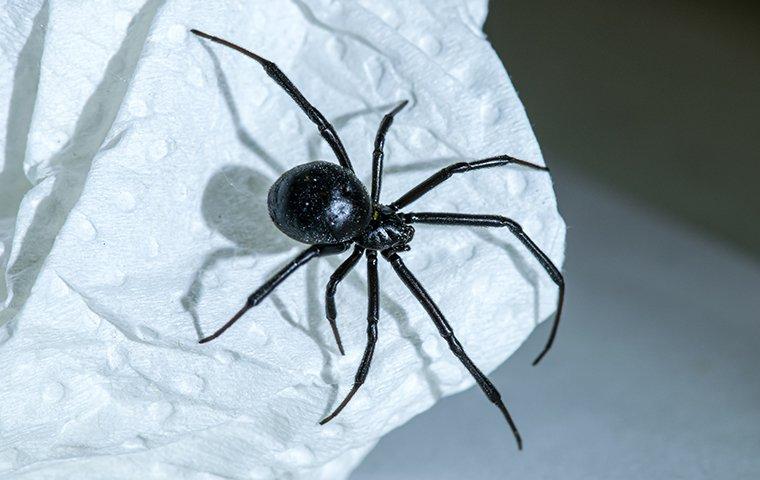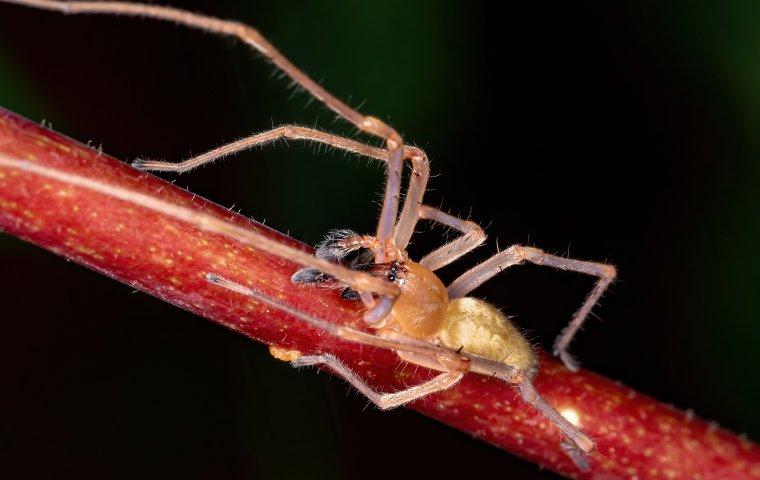How To Keep Spiders Out Of Your Jacksonville Home
It is alarming to find an eight-legged critter where it doesn't belong. Yet spiders have a habit of showing up in unexpected places or appearing out of nowhere. If you know what we're talking about, you should enjoy this article. Today, we'll look at a few characteristics that make people uneasy about spiders and explain why you don't need to worry about scary spiders as much as you may think. We'll quickly look at dangerous spiders in Jacksonville and give you some tips to help you address these spiders and their bites. We'll offer up five tips that are easy to understand but take a little muscle power to implement. If you would rather have someone else get rid of spiders for you, we can help with that as well. Our friendly and knowledgeable pest professionals would be happy to guide you in finding the right solution for spider pest control in Jacksonville. However, if you like the idea of learning interesting facts about spiders and tackling common spiders in Jacksonville on your own, read on.
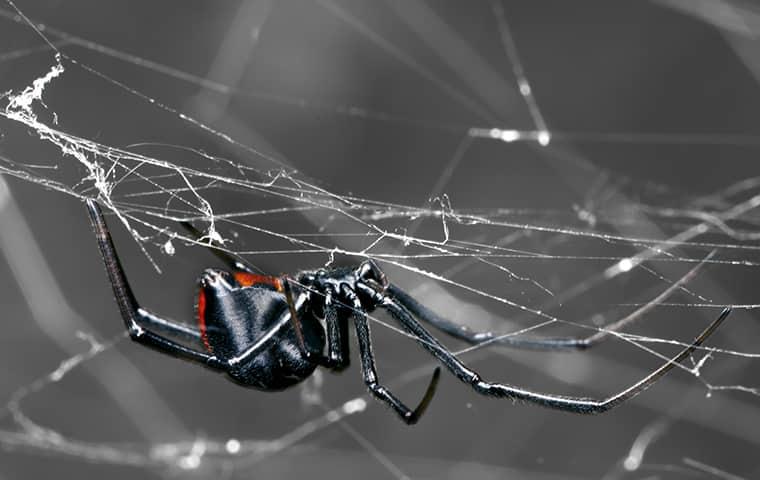
Characteristics Of Common Spiders
There are three characteristics that make spiders more than a bit creepy. Spiders all have fangs, venom, and eight legs. But these creepy characteristics aren't so bad if you have the complete picture.
Sure, all spiders have fangs, but not all spiders can bite you. Some spiders have fangs that are too weak to penetrate human skin, so even if they want to bite you, they can't. Keep that in mind when you slide the shower curtain aside and find a big, hairy spider looking up at you.
Sure, all spiders have venom, but not all spiders can harm you. The venom of most spiders will do nothing more than cause an itchy wound, similar to a mosquito bite, but unlike mosquito bites, there is no risk of a potentially dangerous virus.
Spiders have eight legs, there is just no getting around it. If you find eight legs creepy, these bugs are going to creep you out. The good news is that there are ways for you to see fewer of these creepy pests in your home. But before we discuss prevention, let's discuss two kinds of spiders that are a medical concern in Jacksonville.
Some Spiders Are More Dangerous Than Others
Jacksonville is home to widow spiders and recluse spiders. They are the only two kinds of spiders that present a real threat. But they aren't nearly as harmful as you've likely heard. Let's quickly look at each.
Widow Spiders: A widow spider has potent venom, but they're not always dangerous. Consider these reasons.
- Juvenile widow spiders have weak fangs and are unable to bite humans.
- Male widow spiders are not known to bite people.
- Female widow spiders bite, but they don't always inject venom.
It is possible to have a run-in with a widow spider and not find yourself in the emergency room, but it is good to address these spiders when you see them, just in case.
Recluse Spiders: A recluse has necrotic venom, but they are rarely dangerous. Here are a few reasons:
- Necrosis doesn't always spread. While you should have a physician monitor a brown recluse bite, you should know that more bites have an ulcer at the center and nothing more.
- Experts say many wounds are attributed to brown recluse spiders that aren't recluse bites.
- Brown recluse spiders avoid people. That is why they have the word "recluse" in their name.
These spiders can bite, and a bite from a recluse spider can have spreading necrosis, but both of these things are rare. You also have options for preventing bites.
- Shake footwear, towels, and clothing before using them. These spiders like to hide in dark holes and voids.
- Remove skirting from your beds so these spiders can't climb up and get into bed with you.
- Move beds out from under ceiling vents to prevent a spider from repelling into your bed.
- Keep covers or sheets from touching the floor.
- Put sticky traps near the feet of your beds.
Simple steps like these go a long way toward preventing bites. But, of course, the best way to avoid a bite from common spiders is to not have them in your home.
Five No-Sweat Spider-Prevention Tips For Around Your Home
Another factor that makes Jacksonville residents nervous about spiders is that spiders are hunters. They are looking for prey. Fortunately, you are far too large for spiders to consider as prey. But, when you see a spider in your home, you should know that they're looking for a bite to eat. Therefore, spider prevention begins on the inside of your home. That is where we will start. From there, we will work our way to the outside of your home and into your yard.
Bugs: Everything that makes a bug want to live in your home will make spiders want to live in your home—because the presence of bugs in your home is all the invitation a spider needs. There are several general tips that work to reduce pest activity.
- Manage trash. Many pests are drawn to the scent of a dirty trash receptacle and many pests will breed in your trash.
- Clean your kitchen. Many pests explore floors, counters, cracks, and crevices for morsels of food debris.
- Clean your living room. Some pests eat dust. Others get into couches and living room chairs to feed on snack debris.
- Clean your bathroom. Some pests eat dead skin, hair, and other things in your bathroom. It is also a humid space for moisture pests.
- Address moisture and humidity. Some pests can't tolerate a dry home. When you fix leaky faucets and showerheads or install a dehumidifier, you'll make your home uncomfortable for these pests.
- Protect your food. Some pests lay their eggs in stored foods. Store your food in sealed containers to deprive these pests of food sources.
A pest-free home is undesirable to spiders.
Routes: Spiders don't tunnel through wood or chew on weatherstripping. They take advantage of entry points that already exist. So, along with addressing pests that create entry points, it is essential to do the exclusion work needed to keep spiders out.
- Use expanding foam for a quick and messy fix. A can of this product can seal a gap around a pipe or fill in a void.
- Use caulking to seal window and door frames or to fill in holes created by rodents.
- Replace weatherstripping that is wearing out.
- Install door sweeps on doors that don't have them.
- Replace damaged screens and address gaps around screen frames.
Spiders are small, but they aren't so small that you can't find and seal the common entry points they use.
Habitats: There are places you can expect to find spiders. Here are a few of them with suggestions for how you may remove these hiding places.
- Spiders love landscaping, particularly in areas where plants are unhealthy and plant-damaging insects are active. Keep your plants healthy to deter spiders. One great suggestion we can provide is to remove weeds and trim the base of plants to allow for good airflow. Dry vegetation is resistant to blight, fungus, and other harmful organisms.
- Spiders love to hide in wood piles, stacked stones, and yard clutter. Move these away from your exterior walls to reduce spider activity near your home.
- Spiders love to get underneath decks and in crawlspaces. Fencing material can keep spiders and other pests out.
General yard work is a strong deterrent for spiders.
Attractants: There are many things that attract pests to your home. When you see these other pets, keep in mind that they are food for spiders.
- Have you ever seen spiders creating webs around your trash? They're trying to get flies. Get trash to the curb weekly to prevent the smells that attract flies.
- Have you ever seen a spider web near a light fixture? They're trying to get flying insects. Insects are drawn to light. Install motion-detecting light bulbs or light fixtures to keep lights off when you're not using them.
- Have you ever seen a spider web near ground lights? Many creeping and hopping insects are attracted to lights. Some people replace white lights with yellow lights to deter insect activity. Insects can't perceive yellow light.
Do you see how it works? Address the conditions that attract pests and you'll deter spiders as well.
Webs: Removing spider webs is a way to target spiders and reduce spider populations. A single web with a single spider egg sac has the potential to produce hundreds of spiders. Get a spider web removal tool for this job.
There are many all-natural solutions to address pest problems and prevent spider activity. They take energy and time, but they are well worth the effort.
Professional Pest Control Makes For The Best Spider Control
Some yards and some homes have vulnerabilities that aren't easily addressed. There are also some residents who have busy lives and do not have the time to implement all-natural pest control. The best solution is to have a licensed professional apply routine treatments to reduce pest activity around your home and keep pests out of your home. If you'd like layers of pest protection for the exterior of your Jacksonville home, connect with us. The service team at Lindsey Pest Services is happy to help.
Get Your Free Pest Control Quote Today!
Complete the form below to get started with your free, no-obligation quote, and a Lindsey Pest representative will contact you shortly.
Same Day Service Available!
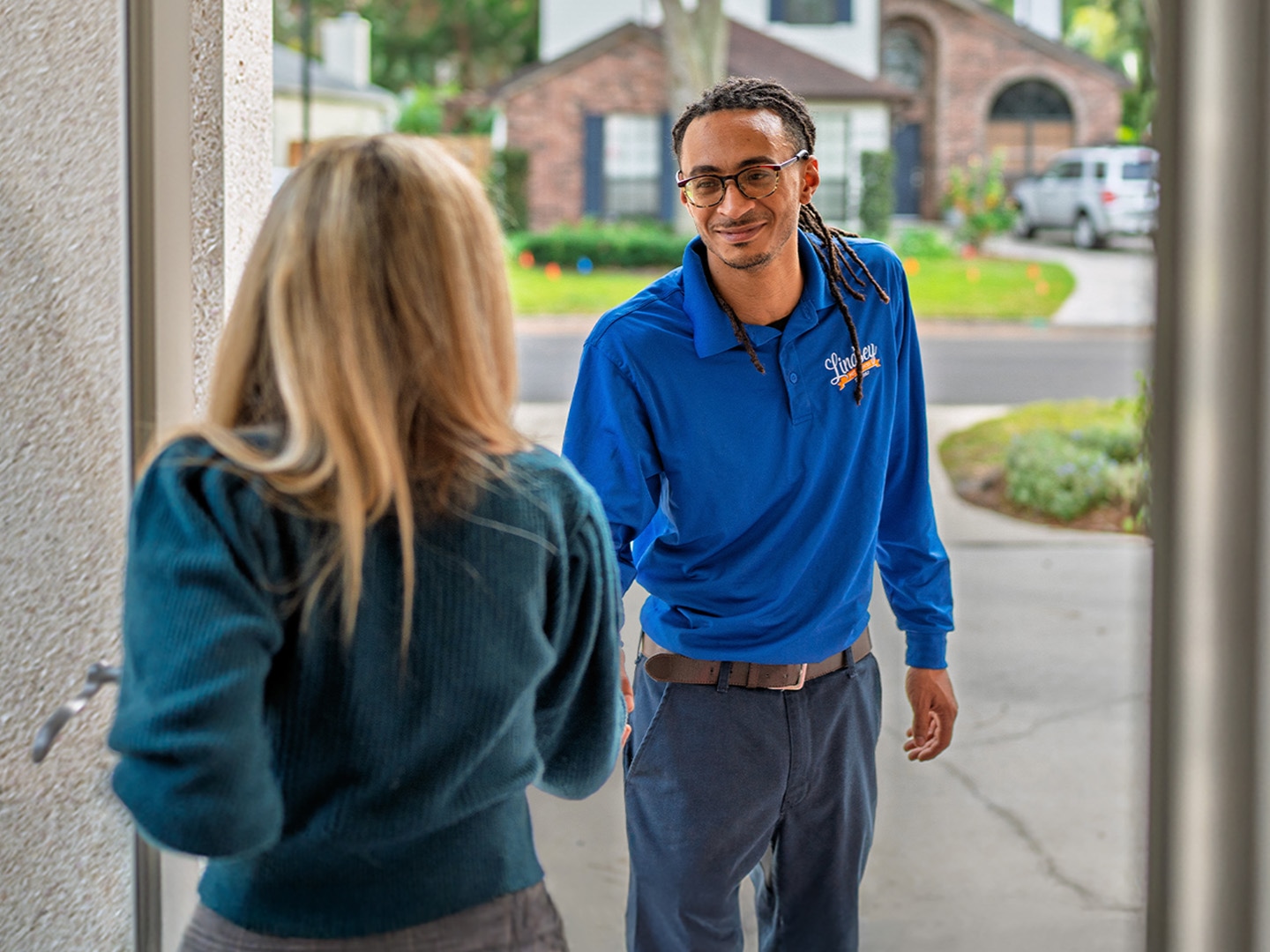
Blog Posts
